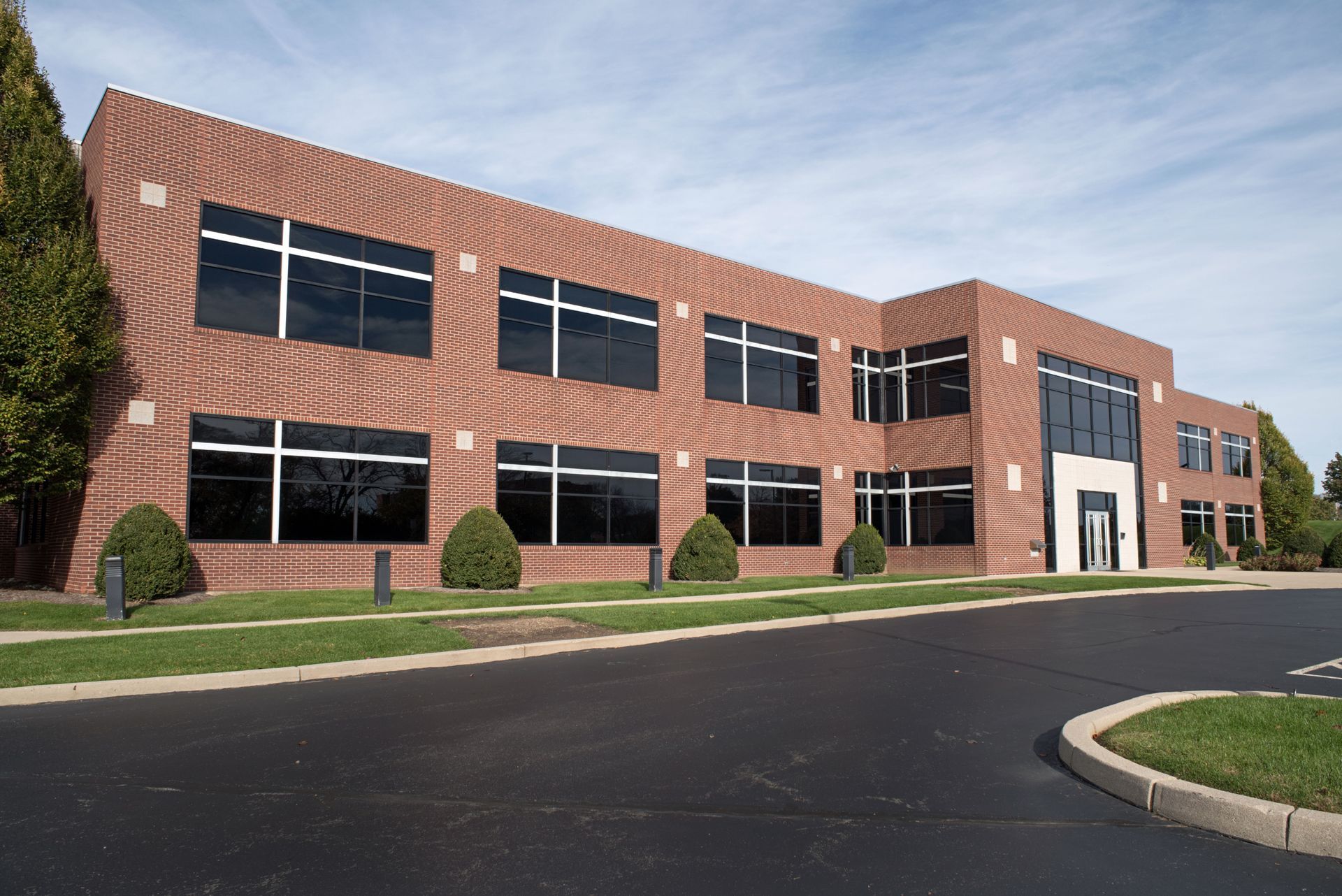6 Key Responsibilities of a Property Manager
The role of a property manager is essential in the real estate industry, encompassing a broad range of duties designed to ensure rental properties operate smoothly, remain profitable, and provide a positive experience for tenants. Effective property management requires a combination of operational skills, legal knowledge, financial acumen, and interpersonal savvy. Property managers act as the bridge between property owners and tenants, handling everything from marketing and tenant relations to maintenance, budgeting, and compliance.
Beyond the daily operational tasks, a property manager must think strategically, anticipating potential challenges and implementing systems to protect the property’s value. High occupancy rates, low tenant turnover, and timely financial reporting are all indicators of successful property management. By understanding the diverse responsibilities of a property manager, property owners can appreciate the expertise required to maintain a thriving rental environment. This article explores the key responsibilities in detail, providing insight into the practices that define effective property management.
1. Tenant Management
Managing tenants is a foundational aspect of property management, as tenant satisfaction directly impacts occupancy rates and long-term profitability. Marketing vacant units is the first step. Property managers create compelling advertisements highlighting a property’s unique features and benefits, employing both traditional methods, such as print media and local outreach, and digital strategies, including social media campaigns and online listings. By understanding the target audience and communicating how the property meets their needs, managers can fill vacancies efficiently, reducing lost rental income.
Tenant screening is equally critical. Property managers conduct background checks, verify references, and review credit histories to identify reliable and responsible renters. According to Eviction Lab, landlords file approximately 3.6 million eviction cases annually, underscoring the importance of careful tenant selection. Thorough screening minimizes risks such as late payments, property damage, and potential legal disputes.
Finally, managing lease renewals and terminations requires attention and tact. Proactively engaging tenants about renewal opportunities strengthens relationships and reduces vacancies. When leases end, managers ensure proper notice, conduct inspections, and manage security deposit returns efficiently. Effective tenant management fosters trust, encourages lease renewals, and safeguards steady rental income.
2. Maintenance and Repairs
Maintaining the property’s physical condition is vital to long-term value and tenant satisfaction. Conducting regular inspections allows managers to identify potential issues before they escalate. These inspections may cover plumbing, electrical systems, HVAC performance, roofing, and overall property safety. Catching small problems early reduces costly emergency repairs and ensures tenants live in safe, well-maintained spaces.
Routine maintenance is another key responsibility. Property managers coordinate scheduled servicing of essential systems, landscaping, cleaning, and seasonal tasks like winterizing pipes or inspecting HVAC units before summer. Establishing clear maintenance schedules ensures the property remains functional, attractive, and safe, while preventing emergencies that can disrupt tenants’ lives.
Despite careful planning, unexpected repairs inevitably arise. Property managers must act quickly to resolve issues such as a burst pipe, electrical failure, or appliance malfunction. Maintaining a network of reliable contractors and vendors is essential for timely service and high-quality workmanship. Proper vendor management, including vetting contractors for expertise, reliability, and cost-effectiveness, ensures smooth operations and accountability.
Budgeting for maintenance is equally important. Accurate forecasts for routine upkeep and emergencies allow managers to allocate funds efficiently and prevent overspending. Thoughtful financial planning ensures properties remain in top condition without compromising profitability. By overseeing maintenance proactively and efficiently, property managers protect both the property and the tenants’ living experience.
3. Financial Management
Financial stewardship is a cornerstone of successful property management. Timely rent collection ensures cash flow for ongoing operations, maintenance, and improvements. Implementing online payment systems and clear policies simplifies the process for tenants while reducing the likelihood of delays. Property managers must also handle late payments diplomatically, balancing tenant relations with financial obligations.
Budgeting and forecasting are crucial for sustaining a property’s profitability. Property managers analyze historical spending, market trends, and future needs to create realistic budgets, ensuring sufficient funds for maintenance, improvements, and emergency repairs. Accurate financial planning allows property owners to anticipate challenges and make informed decisions about their investments.
Financial reporting is another key responsibility. Property managers provide detailed statements, including income summaries, balance sheets, and cash flow reports, keeping owners informed about performance and operational costs. Transparent reporting fosters trust and supports strategic planning, helping owners optimize their investments.
Managing expenses strategically also contributes to long-term success. Property managers monitor utility costs, maintenance spending, taxes, and insurance, implementing cost-saving measures such as energy-efficient upgrades or negotiated vendor contracts. Handling delinquencies and evictions in compliance with legal standards safeguards revenue streams while maintaining tenant fairness. These financial practices collectively ensure the sustainability of the property and maximize returns.
4. Legal Compliance
Compliance with laws and regulations is a vital component of property management. Property managers must stay informed about landlord-tenant laws, which can vary significantly by state and locality. Understanding legal obligations related to leases, tenant rights, and eviction procedures prevents costly disputes and protects both the property and its occupants.
Lease documentation must be accurate and legally sound. Property managers regularly review agreements to ensure compliance with current legislation, mitigating risks of misunderstandings or litigation. Health and safety regulations are equally important. Adhering to building codes, fire safety standards, and environmental requirements ensures tenants’ welfare and protects the property from legal liabilities.
Eviction management requires particular care. Following proper procedures, notices, and court filings maintains compliance while minimizing conflict. Comprehensive risk management strategies, including insurance coverage, regular compliance audits, and proactive planning, further safeguard properties against unforeseen challenges. A strong legal foundation ensures property operations run smoothly and ethically.
5. Communication and Relationship Management
Strong communication skills are essential for effective property management. Building transparent relationships with property owners fosters trust, enabling managers to provide updates on finances, maintenance, and tenant satisfaction. Understanding owners’ goals ensures management strategies align with expectations for income, property appreciation, and long-term value.
Tenant relationships are equally critical. Property managers must respond to inquiries, resolve complaints promptly, and cultivate a welcoming community environment. Activities such as tenant events or feedback surveys build loyalty and reduce turnover. Conflict resolution skills help address disputes fairly, maintaining harmony within the property.
Customer service excellence differentiates well-managed properties in competitive markets. Responsive managers who maintain clear communication channels and provide timely solutions improve tenant satisfaction and retention. Networking with industry peers and professionals also enhances property management by providing resources, collaboration opportunities, and insight into market trends and best practices.
6. Technological and Market Adaptation
Adopting technology is increasingly crucial in modern property management. Property management software streamlines operations, including rent collection, maintenance tracking, and tenant communication, improving efficiency and accuracy. Online portals give tenants convenient access to services, enhancing satisfaction and engagement.
Staying current with market trends informs rent adjustments, property improvements, and marketing strategies. Smart home technologies, including automated lighting, energy-efficient appliances, and security systems, enhance property appeal while lowering operational costs. Social media and digital marketing extend reach and visibility, attracting prospective tenants and strengthening community engagement.
Continuous professional development ensures property managers remain informed about emerging technologies, industry best practices, and regulatory changes. Combining innovation, market awareness, and ongoing education allows managers to adapt strategically, maintaining competitiveness and long-term property profitability.
A property manager’s responsibilities are diverse, encompassing tenant management, maintenance, financial oversight, legal compliance, communication, and technological adaptation. Mastery of these areas is essential for sustaining profitable, well-maintained, and compliant rental properties. By implementing effective strategies, property managers enhance tenant satisfaction, reduce turnover, and protect property value.
As the real estate landscape evolves, property managers must remain proactive, informed, and adaptable, leveraging technology, market insights, and strong relationships to maximize success. Expert property management ensures rental environments thrive, benefiting both owners and tenants. For professional, comprehensive, and reliable services, trust Resolute Facilities Solutions to deliver unmatched property management solutions tailored to your needs.



Share On: